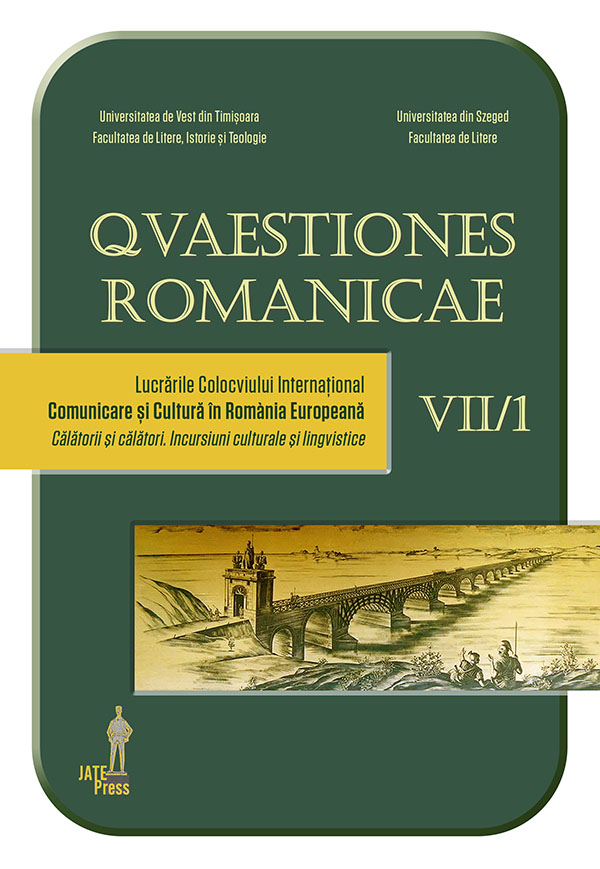Da un manoscritto in dialetto istrioto: ricordi del viaggio di un profugo da Valle d’Istria durante la Grande Guerra
Abstract: (From a Manuscript in Istriot Dialect: Memories of a Refugee’s Journey from Valle d’Istria during the Great War) Starting from a testimony of Giovanni Obrovaz, the present paper describes the exodus of the population of Valle d’Istria (with much of that of southern Istria) in May 1915. Shortly after the war intimation of Italy to Austria, the Austrian authorities had issued a circular inviting the population of the areas, strategically involved in the operations of war - the coast of southern Istria, to leave their homes with the minimum necessary and to prepare for exodus as ordered by the competent authorities. The text, written in 1965 in the Istriot dialect of Valais, is the memory of the journey undertaken by the population of the Istrian village on ox-drawn carts and on cattle trains, from the valley through Austria, Hungary, Romania, and near Prague, where refugees found shelter in wooden shacks or in private houses, and employment in manufacturing or factories. They will return home only at the beginning of 1918.
Keywords: Valle d’Istria, Istriot, exodus, Great War, Obrovaz.
Riassunto: Nel lavoro, partendo da una testimonianza dell’autore, Giovanni Obrovaz, si descrive l’esodo della popolazione di Valle d’Istria (assieme a gran parte di quella dell’Istria meridionale) nel maggio del 1915. Poco dopo l’intimazione di guerra dell’Italia all’Austria, infatti, le autorità austriache avevano emesso una circolare con la quale invitavano la popolazione delle zone strategicamente interessate alle operazioni belliche – il litorale dell’Istria meridionale – a lasciare le loro abitazioni con il minimo necessario e a prepararsi all’esodo come disposto dalle autorità competenti. Il testo, scritto nel 1965 in dialetto istrioto vallese, è la memoria del tragitto intrapreso dalla popolazione del paese istriano su carri trainati da buoi e su treni bestiame, da Valle passando per l’Austria, l’Ungheria, la Romania, fino ad arrivare nei pressi di Praga, dove i profughi trovarono riparo in baracche di legno o presso case private, ed occupazione in stabilimenti manifatturieri o fabbriche. Ritorneranno a casa solo agli inizi del 1918.
Parole chiave: Valle d’Istria, istrioto, esodo, Grande Guerra, Obrovaz.
